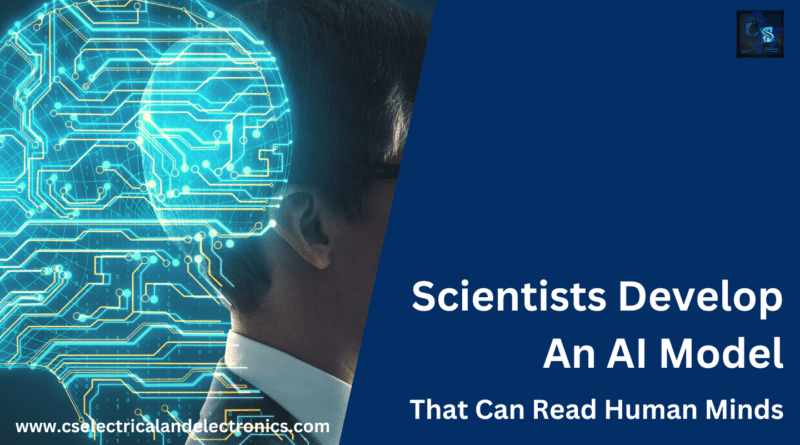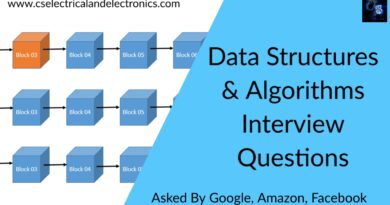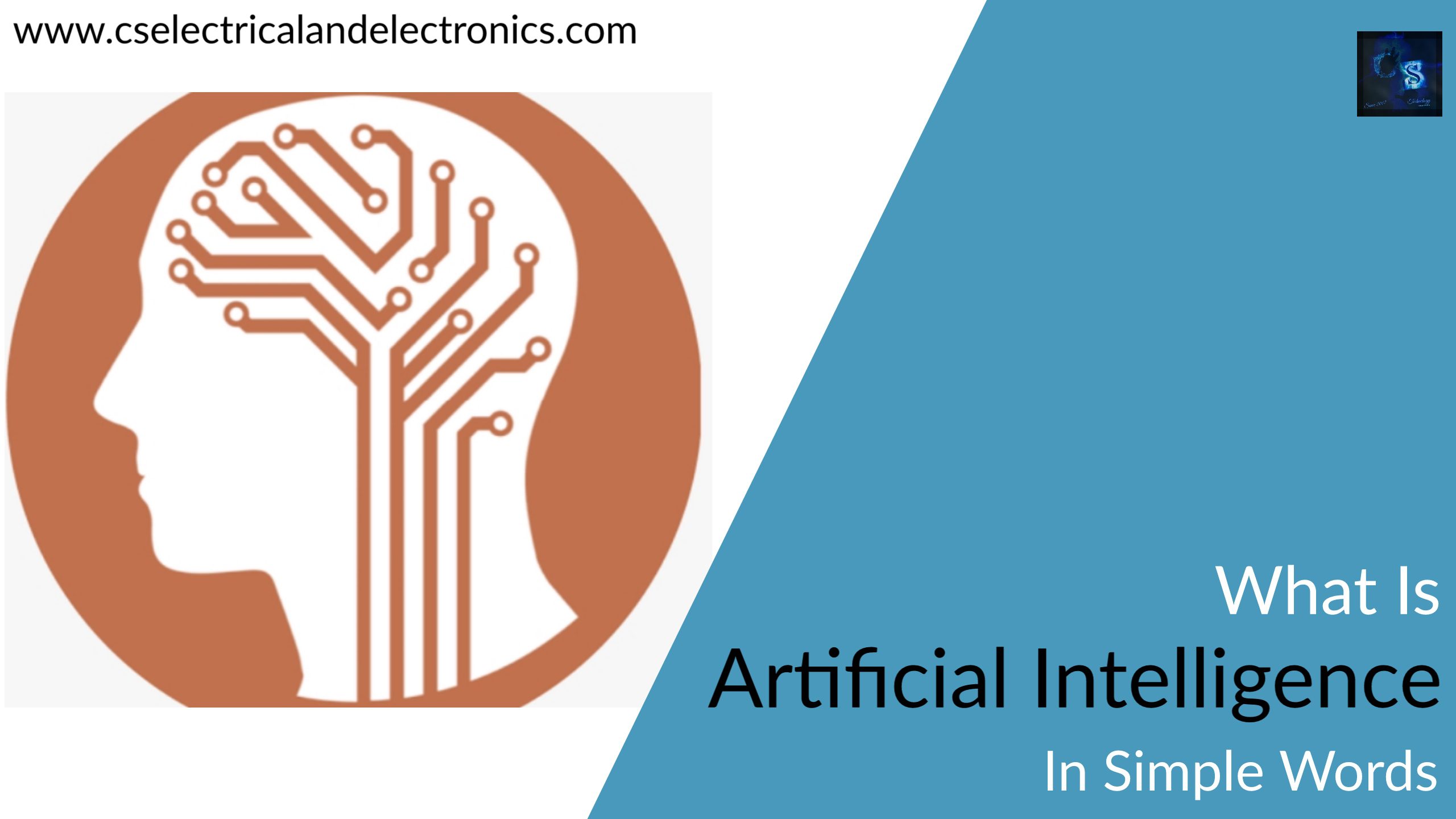Scientists Develop An AI Model That Can Read The Human Mind
Hello guys, welcome back to our blog. Here in this article, we will discuss about the scientist’s innovation of an AI model that can read the human mind which is similar to the chatGPT, and how it can be helpful for people.
If you have any electrical, electronics, and computer science doubts, then ask questions. You can also catch me on Instagram – CS Electrical & Electronics.
Also, read the following:
- What Is Python Scripting, Purpose, Applications Of Python Script
- Top 20 Ocean Technologies That Will Blow Your Mind
- What Is Augmented Navigation, Benefits, Different From GPS?
Scientists Develop An AI Model
The potential in the artificial intelligence field is endless. These days, interest in AI is at an all-time high due to the success of chatbots like ChatGPT, new Bing, and Google’s Bard. While the idea of artificial intelligence is not entirely new—we have been using it for years—people today are undoubtedly more aware of and interested in it.
Furthermore, it wouldn’t be inaccurate to say that we are on the cusp of a technological revolution. Things that appeared unthinkable a few months ago appear to be coming to pass. One of them is the use of technology to decode the human mind.
According to recent reports, researchers at the University of Texas at Austin have developed a method for texting human thoughts. The study, which was led by assistant professor of neurology and computer science Alex Huth and Ph.D. candidate in computer science Jerry Tang, represents a significant advance in the field of artificial intelligence.
The researchers monitored the brain activity of three human individuals for 16 hours while they listened to narrative stories using a functional magnetic resonance imaging (fMRI) scanner. Individual words’ neural stimuli could be distinguished by the researchers.
The team then used a specially trained ChatGPT-like GPT AI model to decipher this brain activity and translate it into text. The participants’ precise thoughts, however, couldn’t be recorded, and AI could only convey the broad strokes of what they were thinking.
The results, according to the experts, were up to 82 percent accurate. While the AI model’s accuracy ranged from 41 to 74 percent when decoding imagined speech, it was between 72 and 82 percent when decoding perceived speech. The accuracy of interpretations of silent films ranged from 21 to 45 percent.
The Nature Neuroscience journal published the findings. The fact that this was accomplished without the aid of any brain implants is what fascinates me the most. “Compared to previous work, which has often consisted of single words or brief sentences, this is a significant advancement for a noninvasive technology. We’re teaching the model to decode continuous language with complex ideas over long periods of time, according to Huth, who was quoted in a report on the UT Texas website.
According to researchers at the University of Texas, this ground-breaking technology will make it feasible to assist those who are physically unable to express themselves. Before the technology can truly be employed in a clinical context, it must still go through a lot more development.
However, the researchers behind this technology claim that in order for their decoder to work, human subjects must voluntarily provide their cooperation. They added that when creating brain-computer interfaces, people’s mental privacy should be maintained.
Concerns concerning its potential abuse have also been voiced by scientists. They cautioned that the technology might be employed for evil motives, such as governmental or commercial spying. Privacy issues with regard to the mind have also come up.
This was about “Scientists Develop An AI Model“. I hope this article may help you all a lot. Thanks for reading.
Also, read:
- 100+ C Programming Projects With Source Code, Coding Projects Ideas
- 1000+ Interview Questions On Java, Java Interview Questions, Freshers
- App Developers, Skills, Job Profiles, Scope, Companies, Salary
- Applications Of Artificial Intelligence (AI) In Renewable Energy
- Applications Of Artificial Intelligence, AI Applications, What Is AI
- Applications Of Data Structures And Algorithms In The Real World
- Array Operations In Data Structure And Algorithms Using C Programming
- Artificial Intelligence Scope, Companies, Salary, Roles, Jobs
Author Profile
- Chetu
- Interest's ~ Engineering | Entrepreneurship | Politics | History | Travelling | Content Writing | Technology | Cooking
Latest entries
 All PostsApril 19, 2024What Is Vector CANoe Tool, Why It Is Used In The Automotive Industry
All PostsApril 19, 2024What Is Vector CANoe Tool, Why It Is Used In The Automotive Industry All PostsApril 13, 2024What Is TCM, Transmission Control Module, Working, Purpose,
All PostsApril 13, 2024What Is TCM, Transmission Control Module, Working, Purpose, All PostsApril 12, 2024Top 100 HiL hardware in loop Interview Questions With Answers For Engineers
All PostsApril 12, 2024Top 100 HiL hardware in loop Interview Questions With Answers For Engineers All PostsMarch 22, 2024Driver Monitoring Systems In Vehicles, Working, Driver Sleepy Alert
All PostsMarch 22, 2024Driver Monitoring Systems In Vehicles, Working, Driver Sleepy Alert








